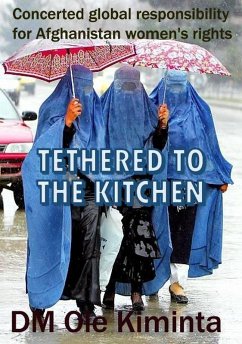Following the U.S.-led invasion in 2001, efforts to rebuild Afghanistan included a focus on restoring women's rights. International aid flowed into the country, with programs aimed at improving access to education and healthcare for women. The new Afghan constitution, adopted in 2004, enshrined the principle of gender equality, granting women legal rights that had been previously denied. However, despite these legal frameworks, the reality on the ground remained challenging. Cultural norms, ongoing violence, and instability continued to impede women's progress, highlighting the need for sustained advocacy and support.
In recent years, as Afghanistan faced renewed conflict and uncertainty, the situation for women has again come under threat. The withdrawal of international forces and the resurgence of the Taliban in 2021 raised concerns about the future of women's rights in the country. Civil society plays a crucial role in advocating for these rights, emphasising the importance of global solidarity and support for Afghan women. Empowering local voices and ensuring that women are included in peace processes and decision-making is essential for achieving lasting change. As the world watches, it becomes imperative for civil society to remain committed to advocating for the rights and dignity of Afghan women, ensuring that their voices are heard and their needs addressed.
Dieser Download kann aus rechtlichen Gründen nur mit Rechnungsadresse in A, B, CY, CZ, D, DK, EW, E, FIN, F, GR, H, IRL, I, LT, L, LR, M, NL, PL, P, R, S, SLO, SK ausgeliefert werden.









